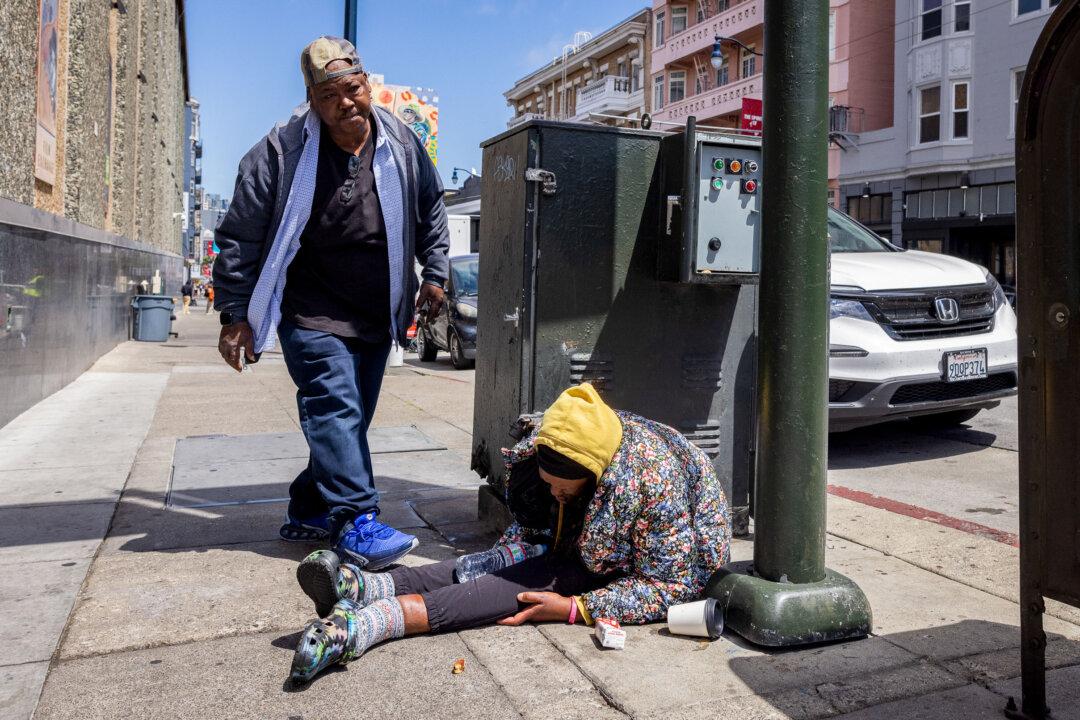Residents and businesses in San Francisco’s Tenderloin neighborhood can proceed with most of their lawsuit against the City and County of San Francisco, a federal judge has ruled.
The plaintiffs allege that the city’s policies have turned their neighborhood into a “containment zone” for illegal drug activities, resulting in crime and unsanitary conditions that violate their rights.





